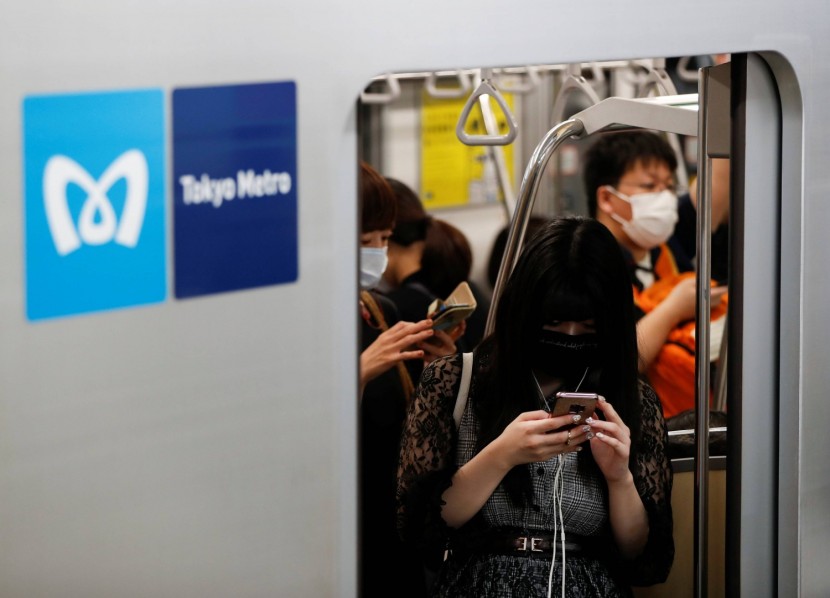
In the United States, wearing of face masks have become their defense against the global pandemic. But in Japan, wearing of face masks has not been a problem, death toll stayed low.
When the new coronavirus hit Japan, people put on their masks as what they normally do.
According to New York Times, in Japan, wearing of face masks has been a common practice. During seasons of hay fever and flu, trains are filled with daily travelers whose faces are half-covered with surgical masks. Even employees with colds, who are worried to miss their work, put on one and persist to work. Face covering are even used by women who do not want to be bothered putting on their makeups.
In the United States, where using of face masks is not a common practice, people have been less comfortable wearing it and has become the symbol in the culture wars. A free-spoken minority argued that no one should be forced to wear face masks. Mask-wearing reports have been harassed by several protesters. Even President Trump has tried to avoid to be seen wearing one.
As Japan has minimized the number of death caused by the new coronavirus, people have been wondering whether the cultural affinity of wearing masks contributed to its success.
Meanwhile in the US,the surgeon general encouraged the public in a tweet to stop buying masks. Even the Centers for Disease Control and Prevention has initially advised that wearing mask is not necessary unless you are sick. Unlike the US, face masks are seen everywhere in Tokyo. Though masks are not available in most Japanese drugstores, the Tokyo Bureau of the Times regulated to acquire small supplies that were rationed by the people
In April, the Japanese government mailed cloth masks since paper masks are not available. The $400 million initiative became a joke when people found out that the masks were too small to be used by most adults since they are not fit to cover both the mouth and nose.
The masks became the emblem of the government's failure in response to the new coronavirus. In the beginning of the pandemic, Japan appeared not to follow most of the conventional epidemiological wisdom, not implementing a lockdown and intentional restrictions of testing.
Still a spike in both cases and recorded deaths caused by the new coronavirus has not materialized. Japan has recorded more than 17,000 Covid-19 positive cases and over 900 deaths, while the United States, with a known population near to two and a half times of Japan, has recorded near 1.9 million positive cases and a death toll of about 110,000.
According to Jeremy Howard, University of San Francisco researcher who has explored the use of masks, Japan might have done everything wrong, with karaoke bars not closed, allowing public transit near the zones where there were worst outbreaks, and poor implementation of social distancing but one thing that Japan did right was putting on masks.
In a report by The Japan Times, leaders of the Japanese government encouraged karaoke bars and other businesses to stop their operation and coaxed employees to work from home. In the beginning of March, schools were closed far earlier than most of the other countries and both large sports and cultural events were postponed. None of these regulations were required by law.
One of the most evident responses of Japan was the near-universal wearing of masks, it has been perceived as an accountable act to protect oneself and others, and a small sacrifice to resume renew some appearance of normalcy.








